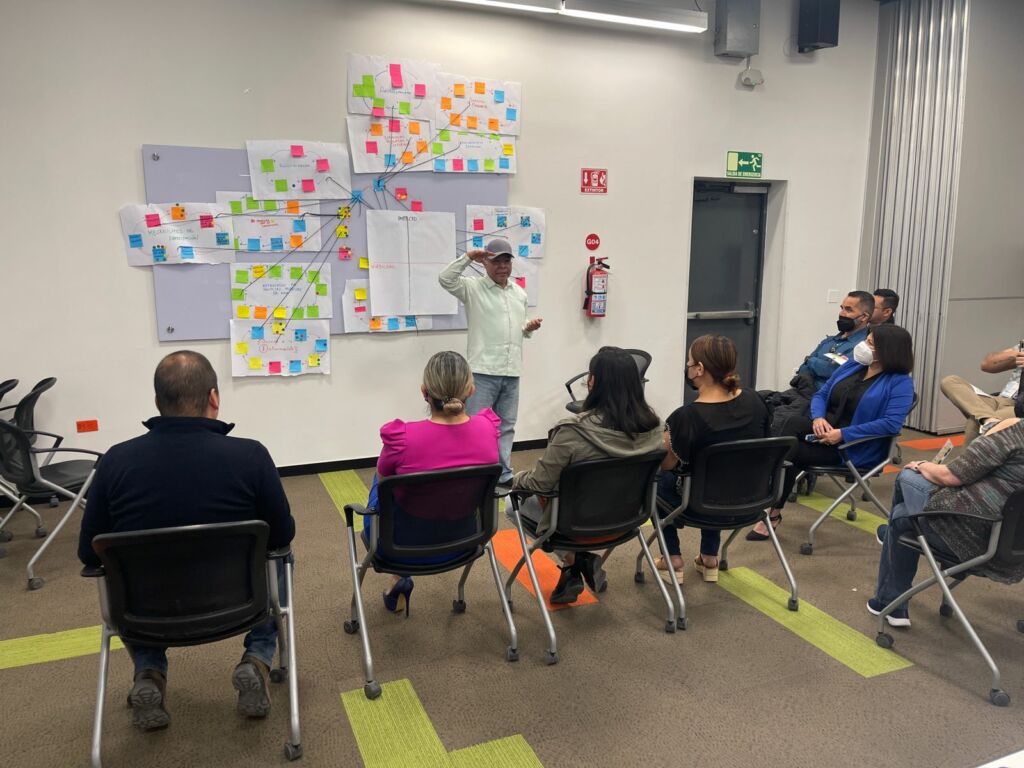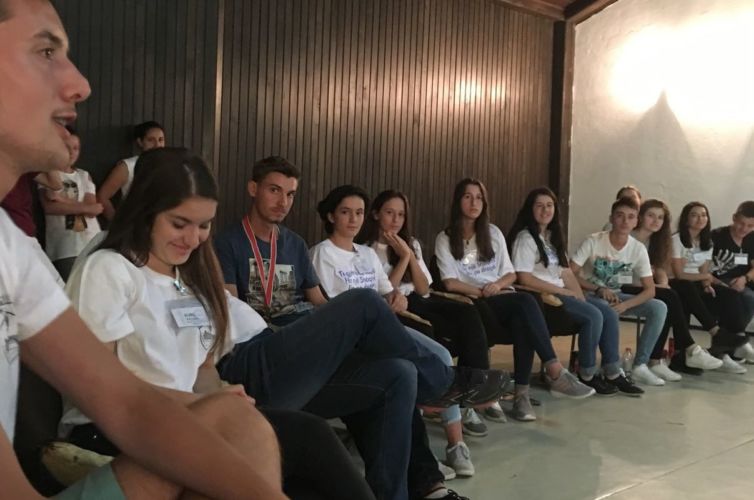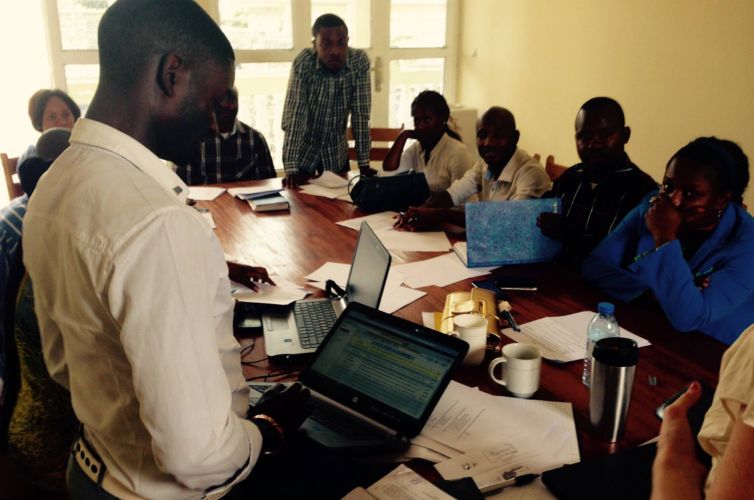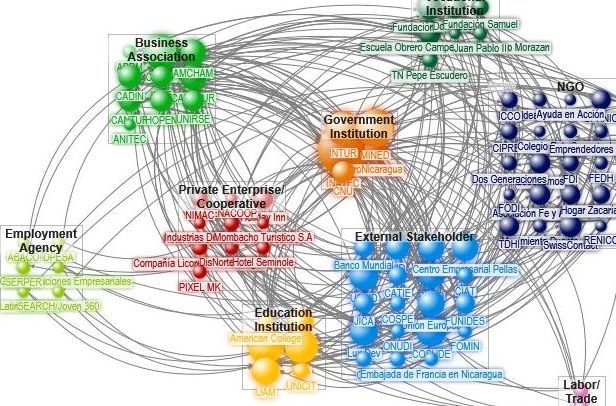About the Poject
According to the Mexican National Institute of Statistics and Geography (INEGI), citizens’ trust in Mexican public and private institutions and authorities is relatively low (Municipal government – 44.3%, public servants – 43.3%, private sector – 38.7%, Civil Society Organizations – 57.6%). Per the same source, 93% of crimes committed in the country in 2019 were not reported to the authorities due to mistrust from the general population.
For years, the state of Jalisco has had the highest number of crimes in the country, including the majority of missing persons and clandestine graves, with 8,735 reported in 2019. At the same time, the state of Chihuahua has been disproportionally affected by violence, including homicides and sexual violence, from drug cartels and other social problems.
The purpose of the USAID-funded two-year “Multi-Stakeholder Strengthening Activity” (MSA) is to strengthen the institutional capacities of local stakeholders, including Civil Society Organizations (CSOs), the government, and the private sector, to collaborate on drafting and implementing concrete actions that contribute to crime and violence prevention, criminal justice reform, and an improved enabling environment to protect human rights.
We expect to achieve MSA’s purpose by delivering training and mentorship to 50 CSOs, facilitating multi-stakeholder dialogues to inspire collective action, and mobilizing local financial resources to further strengthen CSOs and the multi-stakeholder action plans.

MSA will be implemented in Guadalajara, Altos de Jalisco, and Puerto Vallarta in the state of Jalisco, and Ciudad Juarez in the state of Chihuahua.
For this activity, LINC has partnered with Corporativa de Fundaciones in Jalisco and the Fideicomiso para la Competitividad y Seguridad Ciudadana (FICOSEC) in Chihuahua. Together, we expect to increase the ability of CSOs to engage and collaborate with the private sector and local governments to address some of the most pressing social and security concerns in their communities.







